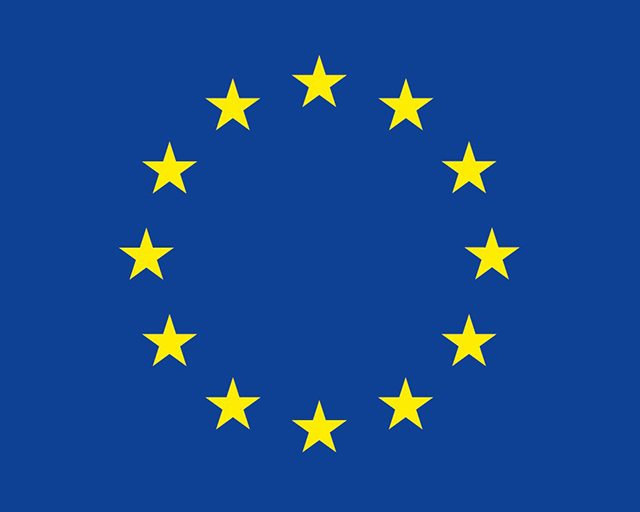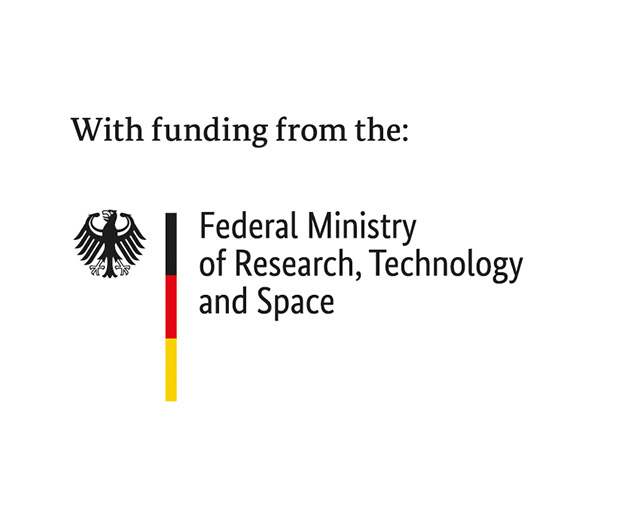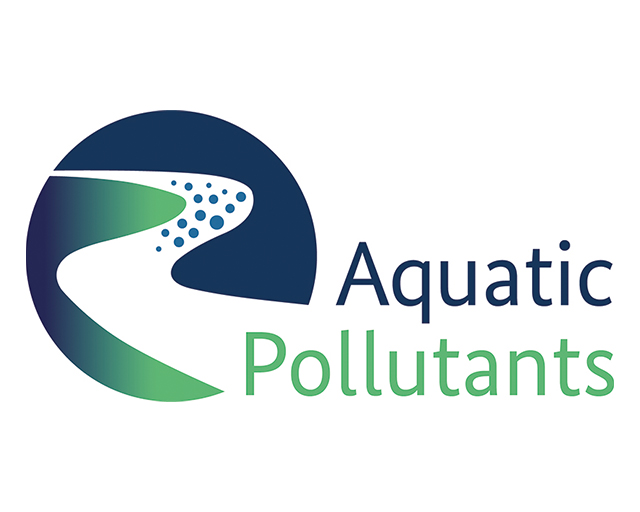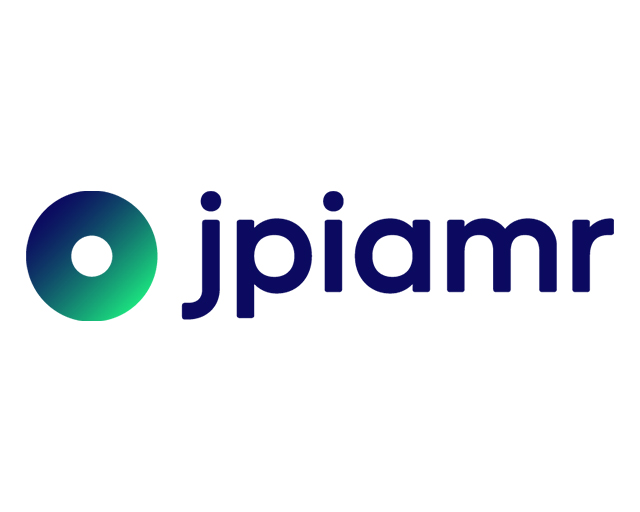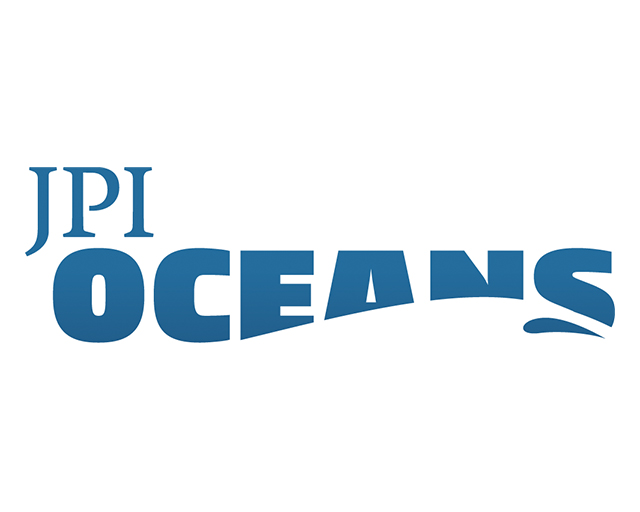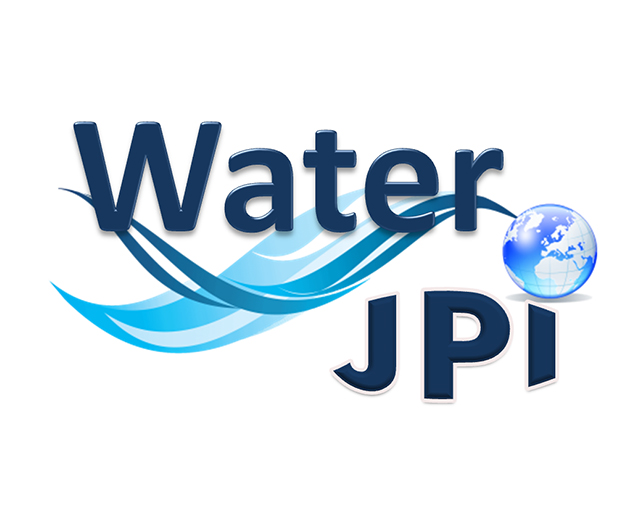The provision of clean water is one of the most important global challenges and is being considerably intensified as a result of climate change. In order to be able to utilize clear water from wastewater treatment plants as an additional source of water for irrigation, it must be purified of organic micropollutants, such as pharmaceutical residues, and pathogens (contaminants of emerging concern, CECs) which would otherwise accumulate in field crops or in the environment.
With the goal of reducing micropollutants, SERPIC will test a fourth treatment step for wastewater treatment plants. Nanofilters create a pollutant-free permeate stream which, following disinfection with chlorine dioxide, is to be used for irrigation. The concentrate stream contains the pollutants, which are degraded by means of UV-stimulated electrochemical oxidation. The oxidants are created with high efficiency in electrolyzers with the aid of diamond electrodes. A prototype plant in Ciudad Real will verify the irrigation suitability of the purified water in test fields.
In contrast to previously tested cleaning techniques, the SERPIC technology offers the potential to achieve a higher degradation rate as well as better sustainability through the use of in-situ-generated solar power. Concepts are being developed for the transfer of the technology to other – in particular low- to middle-income countries – regions including South Africa.




